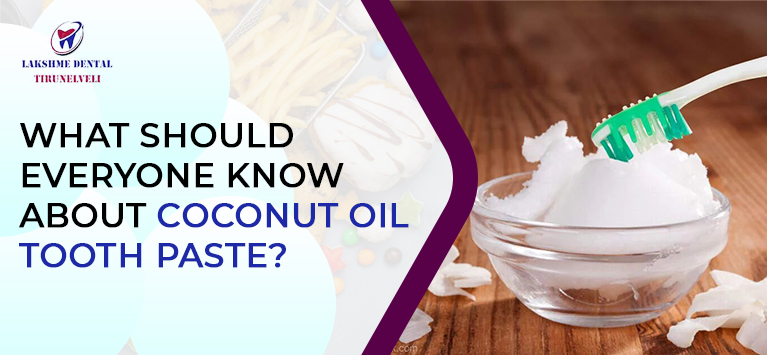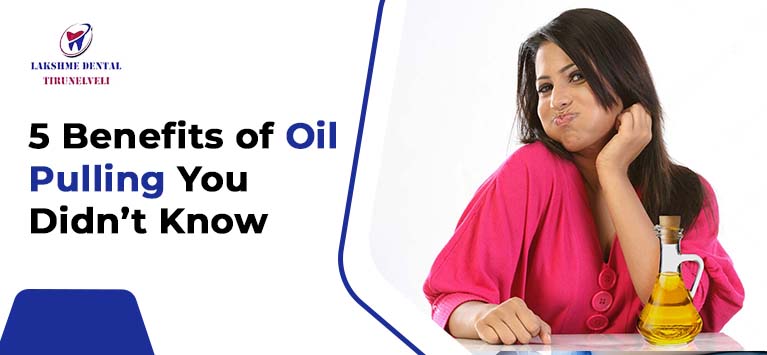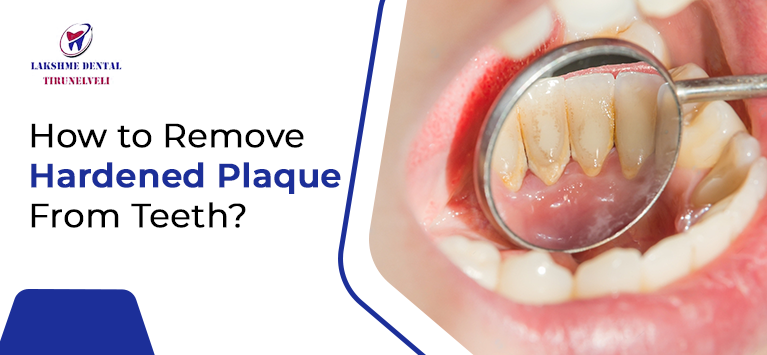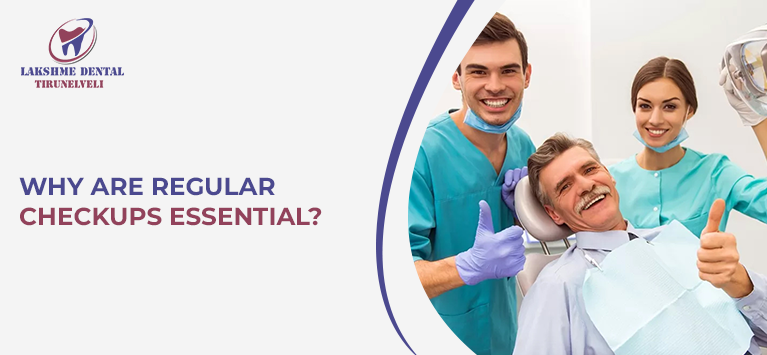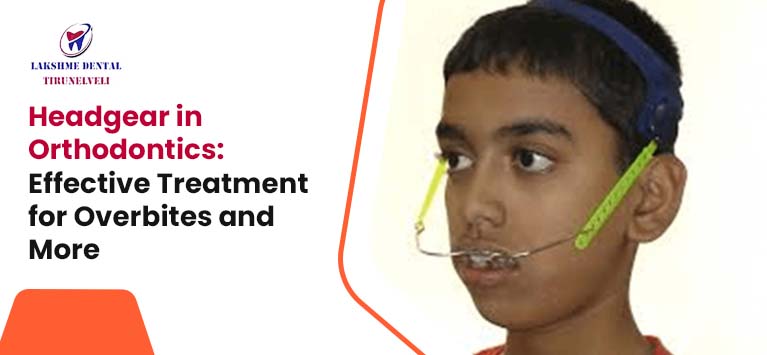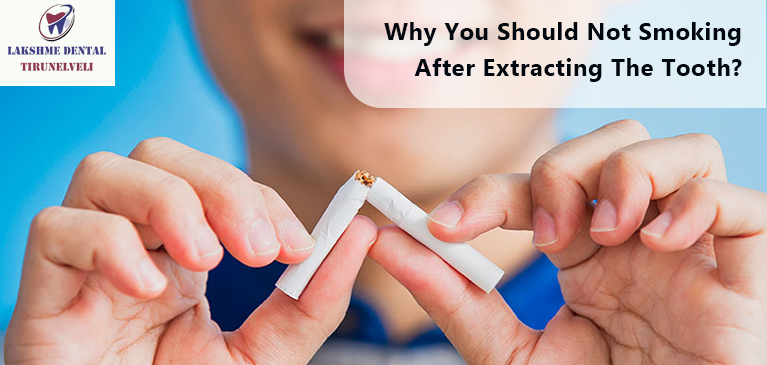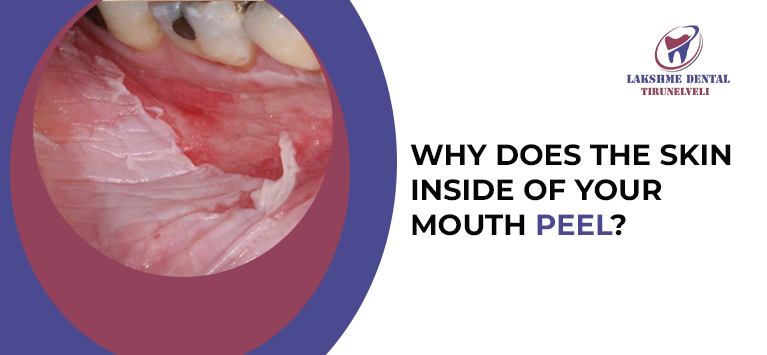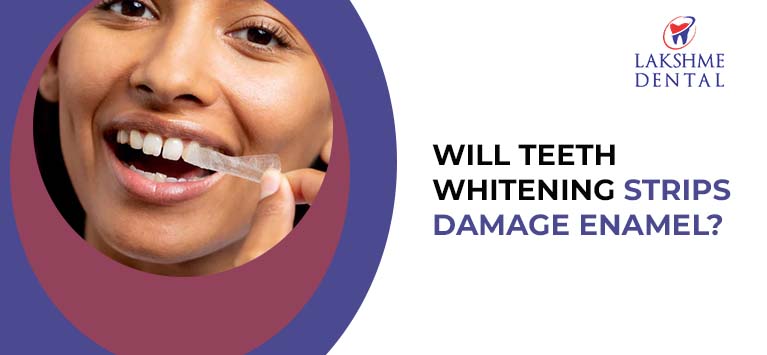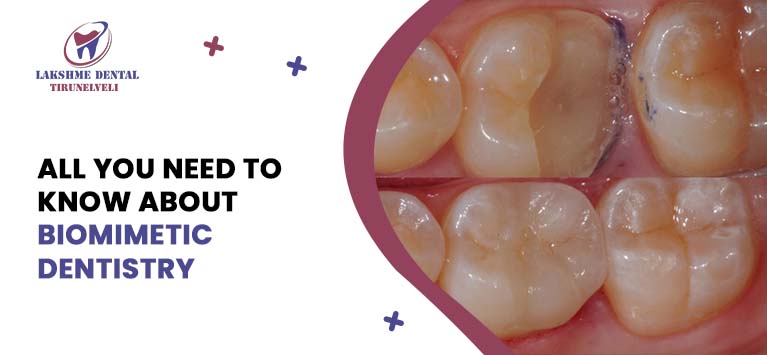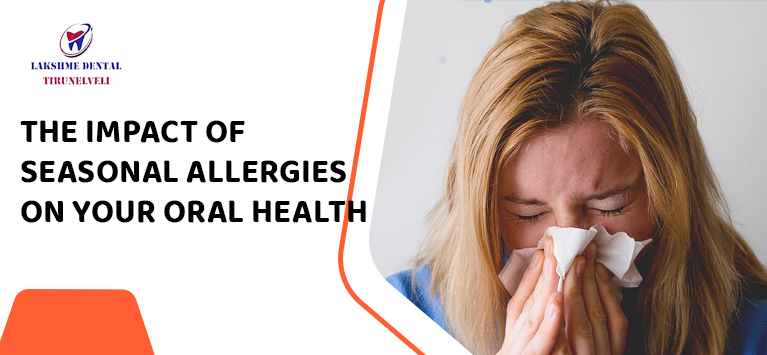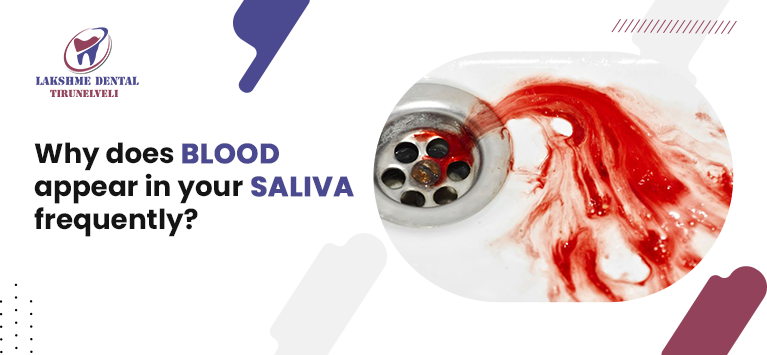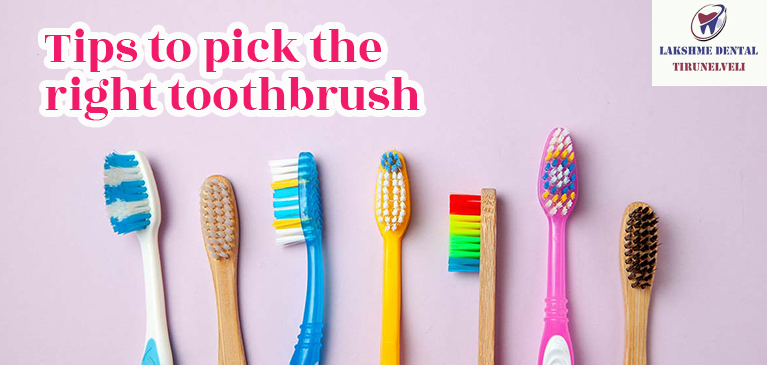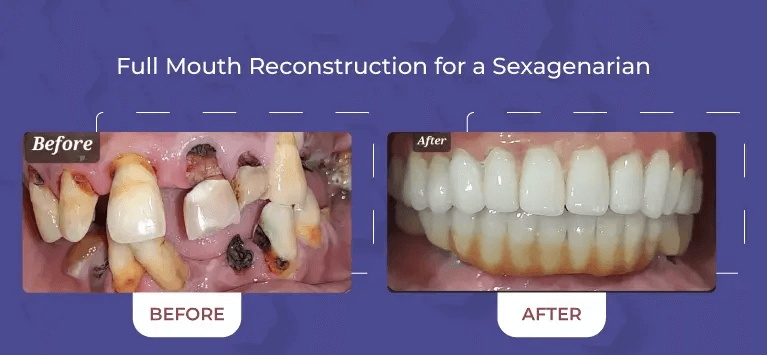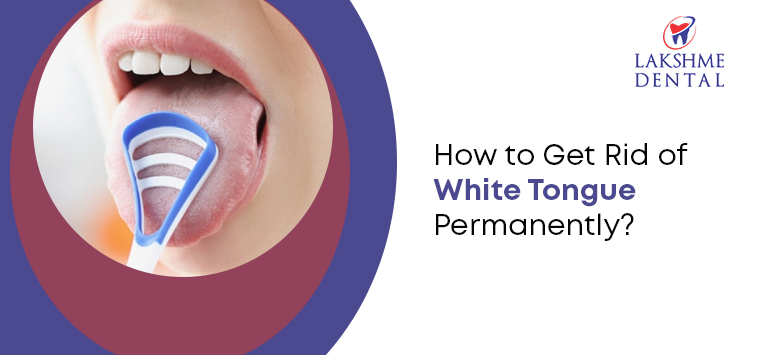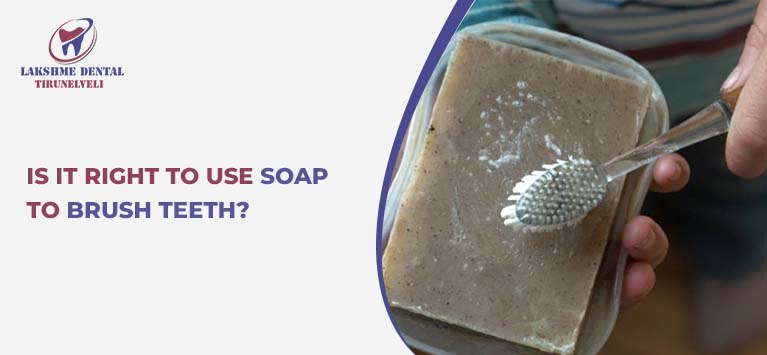
What Is Meant by Toothbrushing Soap?
Toothbrushing Soap is a specially formulated dental hygiene product. Many people consider it a natural substitute for conventional & regular toothpaste. You might be surprised about brushing your teeth with solid soap. It is not a new thing. It has been in use for over 165 years.
The toothpaste tubes contained soap in the initial days. In 1946, such toothbrushing soaps were replaced by ingredients like sodium lauryl sulfate to smoothen the teeth cleaning agent. Present-day toothpaste also contains this ingredient.
Due to the rise of natural teeth cleaning products like charcoal toothbrushes, and organic toothpaste, tooth soaps are regaining their popularity. Are these teeth effective as regular toothpaste? Keep reading.
What are the ingredients present in a tooth soap?
The solid tooth soaps are made up of organic & sustainable ingredients. They are free of foaming agents and artificial flavoring ingredients. The primary constituents of a toothbrushing soap include:
• Essential oils
• Distilled Water
• Organic Olive Oil
• Organic Coconut Oil
• Crystal Salt
• Aloe Vera
Likewise, it does not contain ingredients like fluoride, sodium hydroxide that hold an inevitable place in the preparation of toothpaste.
How should you brush with a tooth soap?
1) Rinse the solid tooth soap.
2) Scrub your toothbrush gently on the soap
3) Brush your teeth thoroughly as you do regularly
4) Rinse your mouth and toothbrush
5) Let the solid bar (tooth soap) dry after brushing
It is important to dry the soap between uses so that you can extend its longevity.
Is brushing with a tooth soap clean your mouth effectively?
Brushing with tooth suds is a safe & healthy option. Sodium lauryl sulfate (SLS) is a kind of synthetic detergent present in toothpaste. Besides emulsifying toothpaste, it plays a great role in eliminating harmful microorganisms from your mouth. Similarly, coconut oil is an organic surfactant. It tends to eliminating bacteria and germs from the teeth and gum surfaces.
In simply, you can enjoy the benefits of regular toothpaste to a certain extent from toothbrushing soaps. Here are some instances:
• Prevent plaque build-up
• Freshens your breath
• As the tooth soaps do not contain harsh chemical compounds, they will not affect the teeth’ enamel and oral tissues.
• The essential oils in tooth soaps provide a better taste.
On the other hand, the glycerine in toothpaste is sticky and produces a thin film coated with the teeth. It forces you to swish your mouth many times to remove the glycerin coating. You will not encounter this problem in brushing with tooth soaps.
Can we replace toothpaste with tooth suds?
Even though tooth soaps include organic components that help clean your mouth, most oral hygienists do not recommend soap as a substitute for toothpaste and other teeth-cleaning products.
It is because the tooth suds do not contain fluoride which is a scientifically proven ingredient for teeth’ well-being. It helps in remineralization also. However, organic tooth soaps are fluoride-free teeth cleaning agents. You cannot get enamel remineralization benefits from toothbrushing soaps.
Similarly, the tooth soaps do not reach deep layers efficiently as the toothpaste does.
Bottom line
If you are looking for a chemical-free teeth cleaning product formulated with natural substances, tooth soap will suit your needs.
Tooth soap is an organic cleaning agent free from fluoride, glycerin, and synthetic detergent compounds. Similarly, it is a cruelty-free product and does not provoke any harsh effects on your oral cavity. Meanwhile, it has some limitations in cleaning your teeth.
Hence it is better to use tooth soaps twice or thrice a week only. Similarly, you may use it once if you brush your teeth twice a day.

